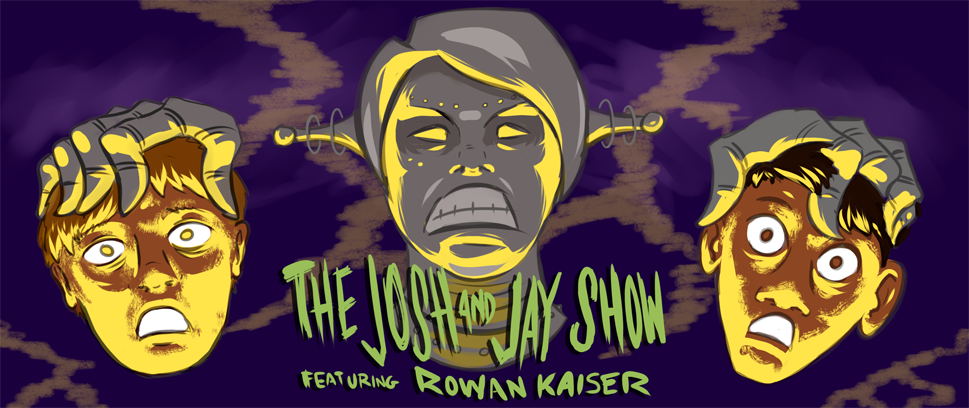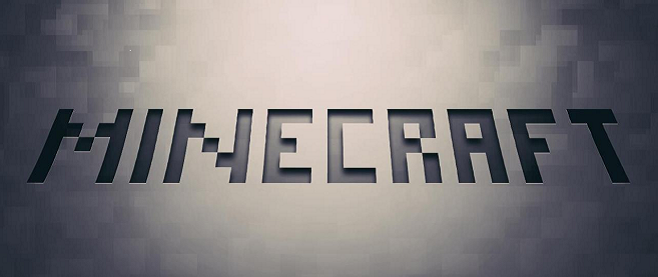
Indie Games Need the AAA Industry
“AAA games don’t innovate.” “Indie games are janky and unfinished.” Sound familiar?
These stereotypes do a great disservice to titles like Super Mario Maker and The Witness, but there is a shred of truth to the complaints. Big-budget games are risky endeavors, and studios mitigate some of that risk by focusing on refining proven successes instead of betting the farm on something new. Meanwhile, smaller games have less to lose, but they also have fewer resources with which to distinguish themselves, and innovation tends to be cheaper than polish.
In an ideal world, the whole industry would innovate and refine in equal measure, right? Well, no, actually. According to the economic theory of comparative advantage, the division of innovation and iteration is actually the most efficient arrangement.
If that seems ridiculous, you’re right; the law of comparative advantage is as counter-intuitive as they come. In essence, it states that when two entities are in a position to trade with each other, it is better for both parties, even if one is better at producing all the goods up for trade.
To understand it better, let’s examine the relationship between AAA games and their smaller-budget brethren. A small game like Minecraft (in its early days) experimented with crafting and survival mechanics in a way no game had before. The innovation proved wildly popular, and eventually made its way into games like Tomb Raider and Fallout 4. At the same time, the highly-polished fighting model introduced in Batman: Arkham Asylum trickled down into games like Hand of Fate, which leveraged the expensive lessons learned in the AAA space.
What would happen if AAA games put as much time and effort into innovating as iterating? A bigger budget would allow for more extravagant ideas. But resources are finite, and diverting time away from refining existing systems would incur an opportunity cost. The AAA space is tailor made for iteration over innovation because the overhead of managing huge development teams and the value of established intellectual property. Time spent innovating would be time better spent iterating – from a business perspective.
The same goes for smaller games. If the AAA space provided fewer iterative lessons to learn from, smaller games would have to spend more time refining themselves, hampering their ability to do what they do best: experiment. And without the marketing budget to stand out, the independent space would congeal into indistinguishable sameness. By pursuing self-sustenance, both sides of the industry would ultimately be worse off.
Comparative advantage can be confusing, but the important thing to remember is that raw numbers don’t always tell the full story. The division of labor, even among less efficient entities, can prove beneficial for all parties. Each entity does what it does best, and through the economics of trade, everybody wins.





